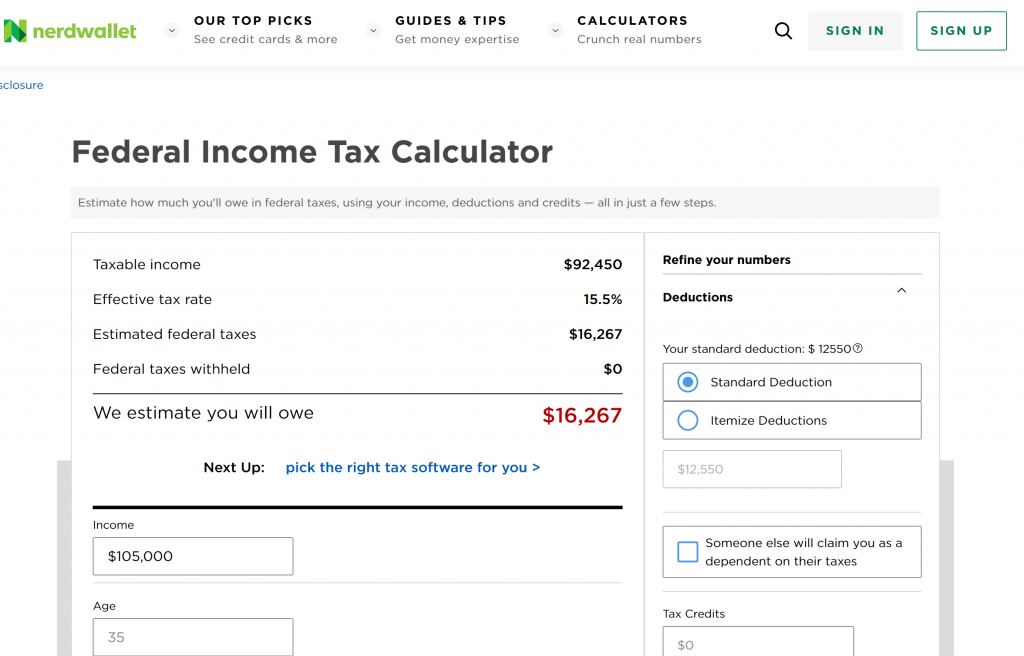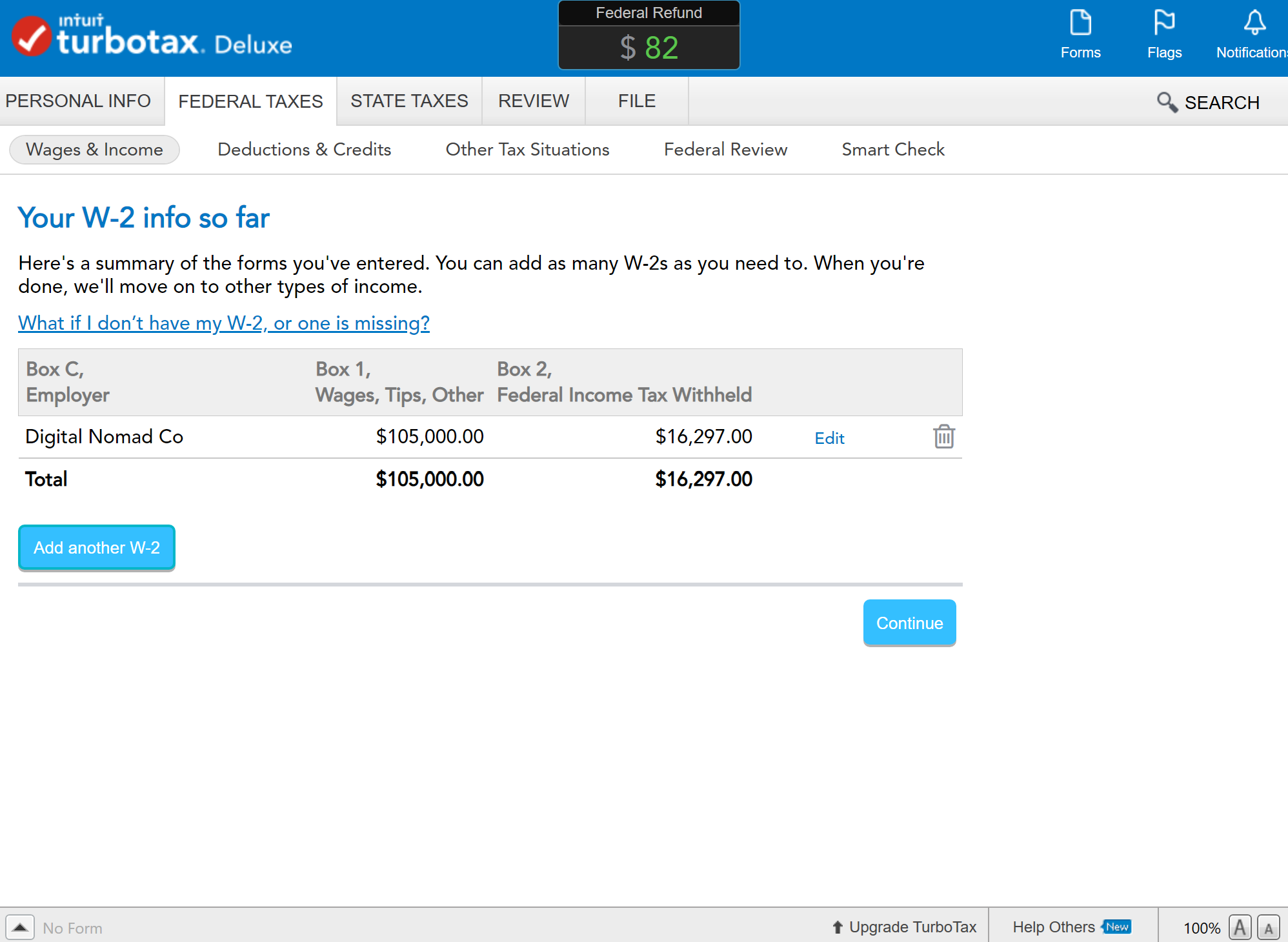How to avoid IRS issues when filing with the FEIE Standard Deduction
The Foreign Earned Income Exclusion Explained: A Guide to Enhancing Your Typical Reduction
The Foreign Earned Income Exemption (FEIE) is an important tax provision for united state residents and resident aliens living abroad. It enables qualified migrants to exclude a considerable part of their foreign-earned revenue from federal taxes. Recognizing the subtleties of FEIE can cause significant tax financial savings. Several individuals neglect important information that could impact their eligibility and advantages. Checking out these facets may reveal chances for boosted tax obligation results.
Recognizing the Foreign Earned Revenue Exemption
Although numerous expatriates look for chances abroad, comprehending the Foreign Earned Earnings Exemption (FEIE) is necessary for managing their tax obligation obligations. This arrangement allows united state people and resident aliens living overseas to omit a particular amount of their earned revenue from federal taxes. The FEIE was established to reduce the tax concern on individuals who live outside the USA, recognizing the unique monetary challenges they may deal with.

Eligibility Demands for FEIE

Just how to Declare the FEIE
To efficiently claim the Foreign Earned Earnings Exclusion (FEIE), taxpayers need to initially confirm their qualification based on details criteria - FEIE Standard Deduction. The process includes a number of steps, including filing the proper kinds and offering necessary documents. Understanding these procedures and needs is necessary for taking full advantage of tax obligation advantages while living abroad
Qualification Demands
Qualification for the Foreign Earned Revenue Exclusion (FEIE) rests on meeting certain standards set by the internal revenue service. To qualify, individuals should be united state residents or resident aliens who gain income while functioning abroad. They require to develop a foreign tax home, which indicates their main business is outside the United States. Additionally, candidates must satisfy either the Bona Fide Residence Examination or the Physical Visibility Examination. The Bona Fide Home Examination needs that a taxpayer stays in a foreign country for a whole tax year, while the Physical Visibility Examination requires spending a minimum of 330 complete days in a foreign country during a 12-month duration. Satisfying these needs is vital for claiming the FEIE.
Declaring Process Steps
Just how can one successfully navigate the process of claiming the Foreign Earned Earnings Exclusion (FEIE)? Initially, individuals must identify their qualification based on the physical existence test or the authentic home examination. Once validated, they should complete IRS Kind 2555, which details foreign income and residency. This type needs to be connected to their yearly tax return, typically Kind 1040. It is important to properly report all international gained income and assurance conformity with the internal revenue service guidelines. Furthermore, taxpayers must maintain proper paperwork, such as foreign income tax return and proof of residency. By adhering to these actions, people can efficiently claim visit their website the FEIE and possibly lower their taxable earnings significantly, boosting their overall economic setting.
Calculating Your International Earned Income Exemption
While several migrants look for to maximize their financial benefits abroad, understanding the computation of the Foreign Earned Revenue Exclusion is essential for accurate tax reporting. The Foreign Earned Income Exemption allows certifying people to exclude a particular amount of their foreign earnings from united state tax, which is adjusted each year for inflation. To compute this exclusion, expatriates must establish their overall foreign gained income, which usually includes earnings, incomes, and professional fees made while residing in a foreign nation.
Next, they must complete internal revenue service Type 2555, giving details concerning their foreign residency and job status. FEIE Standard Deduction. It is necessary to fulfill either the authentic house examination or the physical visibility examination to receive the exemption. Once these variables are established, the maximum allowed exclusion quantity is applied, minimizing the individual's taxable income considerably. Exact calculations can bring about substantial tax savings for migrants living and functioning abroad
The Effect of FEIE on Other Tax Obligation Advantages
The Foreign Earned Revenue Exclusion (FEIE) can influence a person's eligibility for particular tax advantages, consisting of the typical deduction. By omitting international earned income, taxpayers might discover their modified gross earnings impacted, which consequently can impact their credentials for numerous tax credit reports. Comprehending these communications is vital for optimizing tax obligation outcomes while living abroad.
Communication With Requirement Deduction
When individuals get approved for the Foreign Earned Earnings Exemption (FEIE), their eligibility for the standard reduction might be impacted, potentially changing their general tax responsibility. The FEIE enables taxpayers to leave out a certain amount of gained earnings from united state taxation, which can cause a decreased taxable earnings. Consequently, if the omitted revenue goes beyond the conventional deduction, it can lessen the advantage of declaring that deduction. Additionally, taxpayers who use the FEIE might discover that their capability to detail deductions is also influenced, as certain expenses may be influenced by the exclusion. Comprehending this interaction is important for expatriates to maximize their tax obligation benefits while ensuring compliance with united state tax obligation laws
Qualification for Tax Credits
Steering through the intricacies of tax credit reports can be testing for migrants, particularly because the Foreign Earned Revenue Exemption (FEIE) can significantly impact qualification for these benefits. The FEIE allows qualified individuals to omit a considerable part of their international incomes from united state taxes, yet this exemption can additionally affect accessibility to different tax debts. Taxpayers who use the FEIE may find themselves disqualified for credit ratings like the Earned Earnings Tax Obligation Credit Rating (EITC), as these debts normally need taxed revenue. Furthermore, the exclusion may limit the capacity to declare certain reductions or debts connected with dependents. Understanding the interaction between the FEIE and readily available tax obligation credit histories is crucial for migrants aiming to enhance their tax situation.

Common Blunders to Avoid When Asserting FEIE
Typically, expatriates experience several pitfalls while asserting the Foreign Earned Revenue Exclusion (FEIE), which can bring about pricey mistakes or missed opportunities. One frequent mistake is falling short to meet the physical existence or bona fide residence examination, which is vital for qualification. Furthermore, migrants commonly ignore the demand to file Kind 2555 properly, causing imprecise or incomplete entries.
An additional typical error entails inaccurately calculating international earned income, as lots of do not account for all appropriate income sources. Some expatriates incorrectly assume they can exclude all their revenue, uninformed of the restrictions on the exclusion quantity. Furthermore, overlooking to keep proper documents, such as travel days and residency condition, can jeopardize an insurance claim. Lastly, misunderstanding the effects of the FEIE on various other tax credits may cause unintentional tax liabilities. Recognition of these risks can assist in a smoother claiming procedure and maximize possible advantages.
Resources for Expats Navigating United State Taxes
Maneuvering united state tax responsibilities can be testing check these guys out for expatriates, especially after encountering mistakes in asserting the Foreign Earned Earnings Exclusion (FEIE) To help navigate these intricacies, a selection of sources are readily available. The internal revenue service web site supplies substantial info on tax faqs, forms, and policies especially tailored for expatriates. Additionally, organizations like the American Citizens Abroad (ACA) and the Expat Tax obligation Professionals deal support and support to guarantee compliance with tax obligation laws.
On the internet online forums and neighborhoods, such as the Deportee Forum, permit migrants to share experiences and understandings, cultivating a supportive environment for those dealing with similar challenges. Tax obligation prep work software application, like copyright and H&R Block, usually includes features designed for expats, making the declaring process extra straightforward. Involving with these resources can equip migrants to better recognize their tax obligations and make best use of benefits like the FEIE.
Regularly Asked Inquiries
Can I Assert FEIE if I'M Independent Abroad?
Yes, independent individuals abroad can claim the Foreign Earned Income Exclusion (FEIE) To qualify, they have to fulfill particular demands pertaining to residency and income, guaranteeing they comply with IRS standards for migrants.

Is the FEIE Applicable to Foreign Pensions?
The Foreign Earned Income Exemption (FEIE) is not suitable to foreign pension plans. Pension plans are considered unearned revenue and do not certify for the exclusion, which specifically relates to made revenue from work or self-employment abroad.
What Occurs if I Return to the United State Mid-Year?
They may require to adjust their tax scenario if an individual returns to my site the United state mid-year. Their eligibility for certain reductions and exemptions, consisting of the Foreign Earned Income Exemption, can be influenced by their residency condition.
Can FEIE Be Claimed With Other Deductions?
Yes, the Foreign Earned Income Exemption (FEIE) can be declared along with various other deductions. Treatment needs to be taken to ensure proper conformity with tax guidelines, as certain limitations may apply based on specific scenarios.
Exactly How Does FEIE Affect State Tax Commitments?
The Foreign Earned Income Exclusion can minimize a taxpayer's government earnings tax responsibility, but it does not immediately impact state tax responsibilities, which vary by state and may still need coverage of international income.
Lots of migrants look for opportunities abroad, understanding the Foreign Earned Income Exclusion (FEIE) is important for managing their tax obligation obligations. By omitting international earned earnings, taxpayers might locate their modified gross earnings affected, which in turn can influence their certification for different tax debts. Steering through the intricacies of tax credit scores can be testing for migrants, especially since the Foreign Earned Income Exclusion (FEIE) can considerably impact qualification for these advantages. Taxpayers who utilize the FEIE might locate themselves disqualified for credits like the Earned Earnings Tax Obligation Debt (EITC), as these credit histories normally call for taxed revenue. Steering U.S. tax obligation obligations can be testing for migrants, particularly after experiencing pitfalls in declaring the Foreign Earned Earnings Exclusion (FEIE)